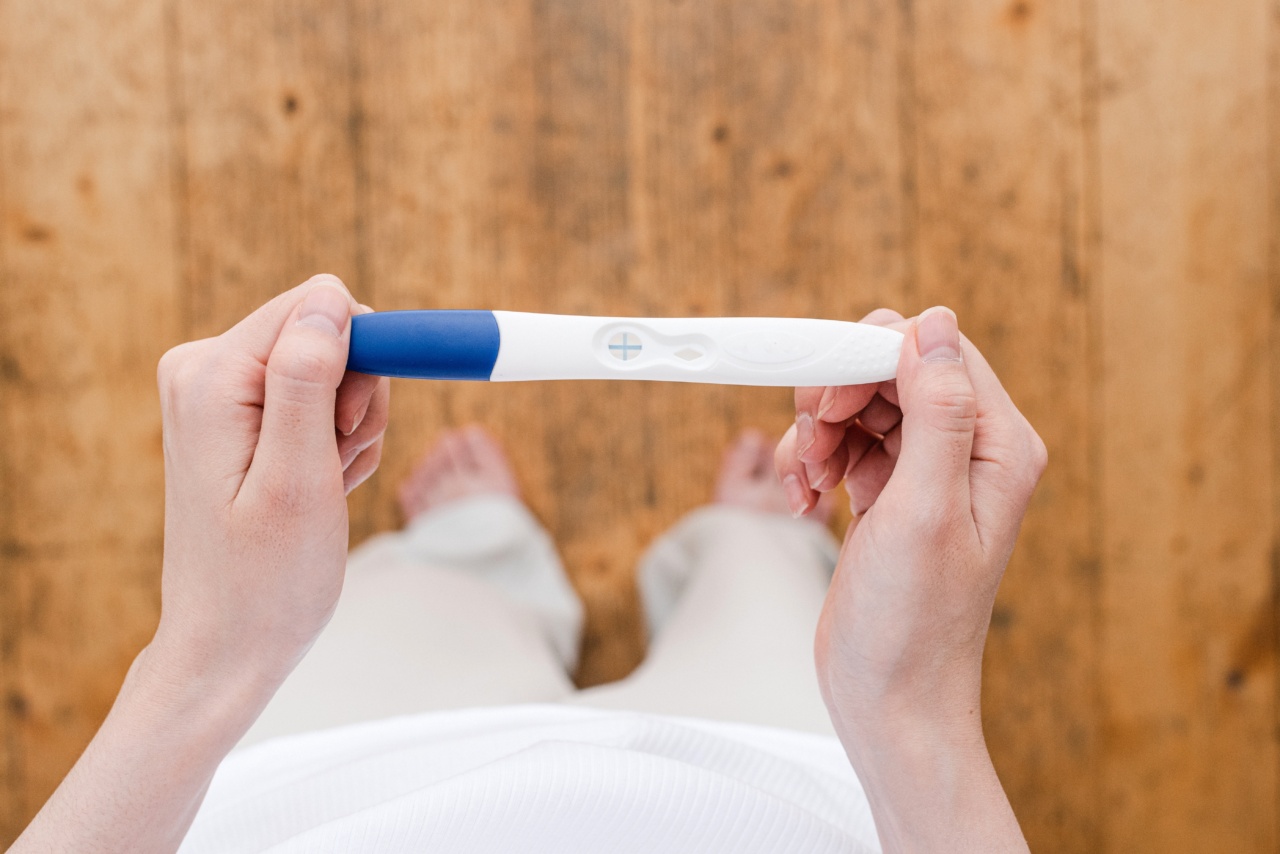Autism spectrum disorder (ASD) is a developmental condition that affects communication, behavior, and social interactions.
An estimated 1 in 54 children in the US is diagnosed with autism, which makes it a prevalent condition that raises concerns among parents-to-be. Researchers have been exploring the possibility of identifying the risk of autism in babies before they are born. This raises the question: Can a prenatal test determine if a baby will have autism?.
What is a Prenatal Test?
A prenatal test is a medical exam that is conducted during pregnancy to determine if the fetus has any genetic, chromosomal, or developmental defects.
Prenatal screening is done to identify the risk of congenital disabilities and gives parents time to make informed decisions about the pregnancy. There are two types of prenatal testing:.
- Screening tests: These tests evaluate the probability of having a baby with a certain condition. Screening tests are non-invasive and include blood tests and ultrasounds.
- Diagnostic tests: A diagnostic test confirms the presence or absence of a genetic disorder or abnormality. Diagnostic tests are invasive and include procedures like amniocentesis and chorionic villus sampling (CVS).
Is There a Prenatal Test for Autism?
Currently, there is no prenatal test available that can accurately detect autism. Since the causes of autism are not fully understood, and it is not a genetic disorder, there is no specific biomarker or gene that can be traced through prenatal testing.
Researchers have been working to identify early biomarkers of autism to enable early interventions, but it is still a work in progress.
There have been several studies that have investigated prenatal screening for autism, but the results have not been conclusive. A study published in JAMA Pediatrics in 2017 looked at the efficacy of prenatal ultrasound screening for autism.
The study found that fetal head circumference and certain brain measurements could be potential biomarkers for autism, but the researchers concluded that more research is needed to determine the role of ultrasound in autism screening.
Another study published in The New England Journal of Medicine in 2015 found that an increase in the ratio of plasmalogens and ether phospholipids in the mother’s blood was associated with an increased risk of the child developing autism.
However, this test is not widely available and is in the preliminary stages of research.
What are the Risk Factors for Autism?
Although there is no prenatal test for autism, there are certain risk factors that can increase the chance of a child developing autism. Some of these risk factors include:.
- Genetic mutations
- Preterm birth
- Low birth weight
- Pregnancy complications
- Advanced parental age
It is important to note that having one or more of these risk factors does not mean that a child will develop autism. It simply means that the child is at a higher risk.
Even if a child does not have any of these risk factors, they still may develop autism.
Is There Anything Parents Can Do?
While there is no prenatal test for autism, there are steps that parents can take to reduce the risk of their child developing the condition.
One of the most important things parents can do is to ensure that they are getting proper prenatal care and that they are following a healthy diet and exercise routine. These steps can help reduce the risk of pregnancy complications that can increase the likelihood of autism.
Additionally, early interventions have been shown to be effective in reducing the severity of symptoms in children with autism.
If a child is diagnosed with autism, starting therapy as early as possible can help improve their language skills, social interactions, and cognitive abilities. Some of the early intervention programs include:.
- Behavioral therapy
- Social skills therapy
- Sensory integration therapy
- Speech therapy and language intervention
While there is no cure for autism, early diagnosis and interventions can help children with autism lead fulfilling lives.
The Bottom Line
At present, there are no prenatal tests available to determine if a baby will have autism. Researchers are still exploring the possibility of identifying early biomarkers for autism.
However, parents can reduce the risk of their child developing autism by following a healthy lifestyle and seeking early interventions if their child is diagnosed with autism. Understanding the risk factors and taking appropriate steps can help parents ensure the health and well-being of their child.































